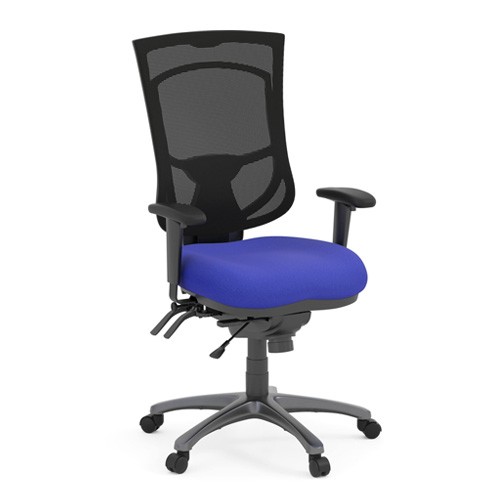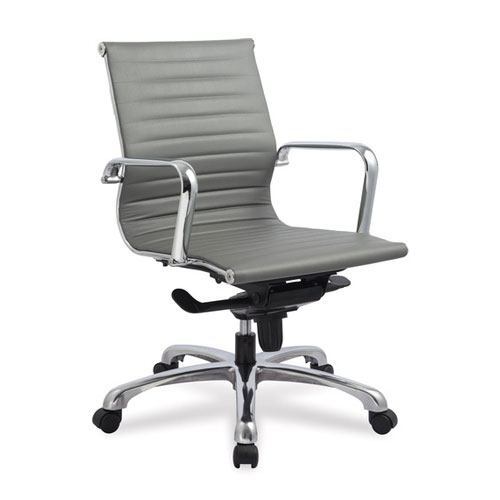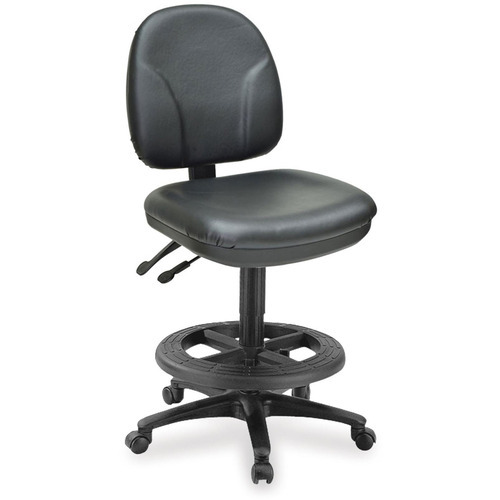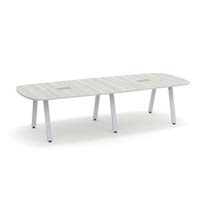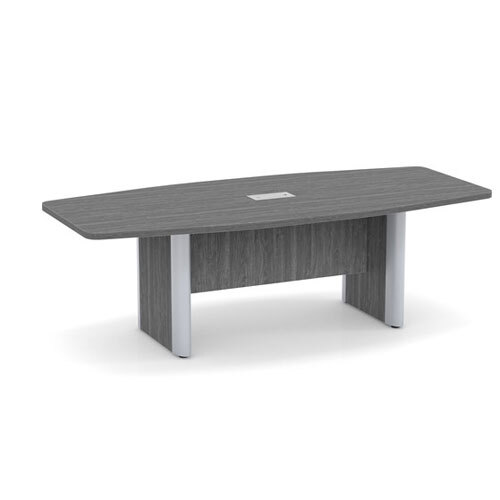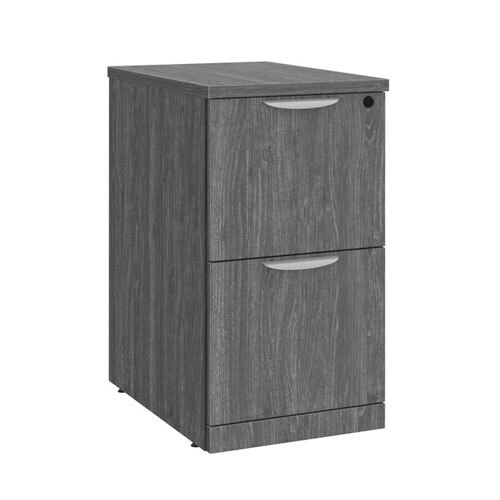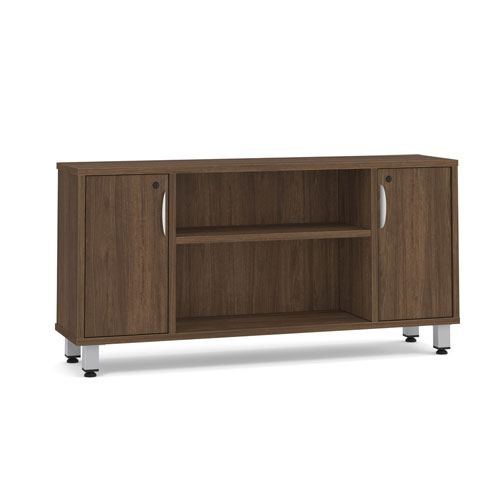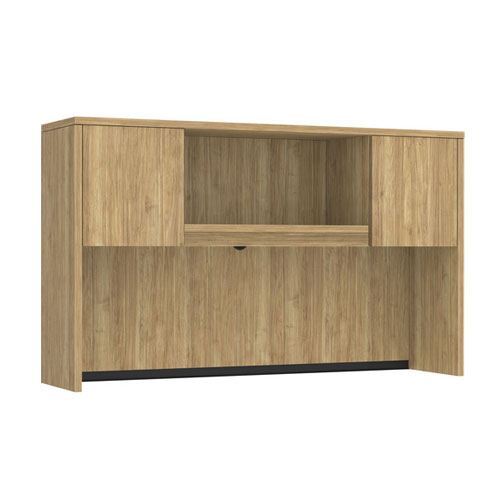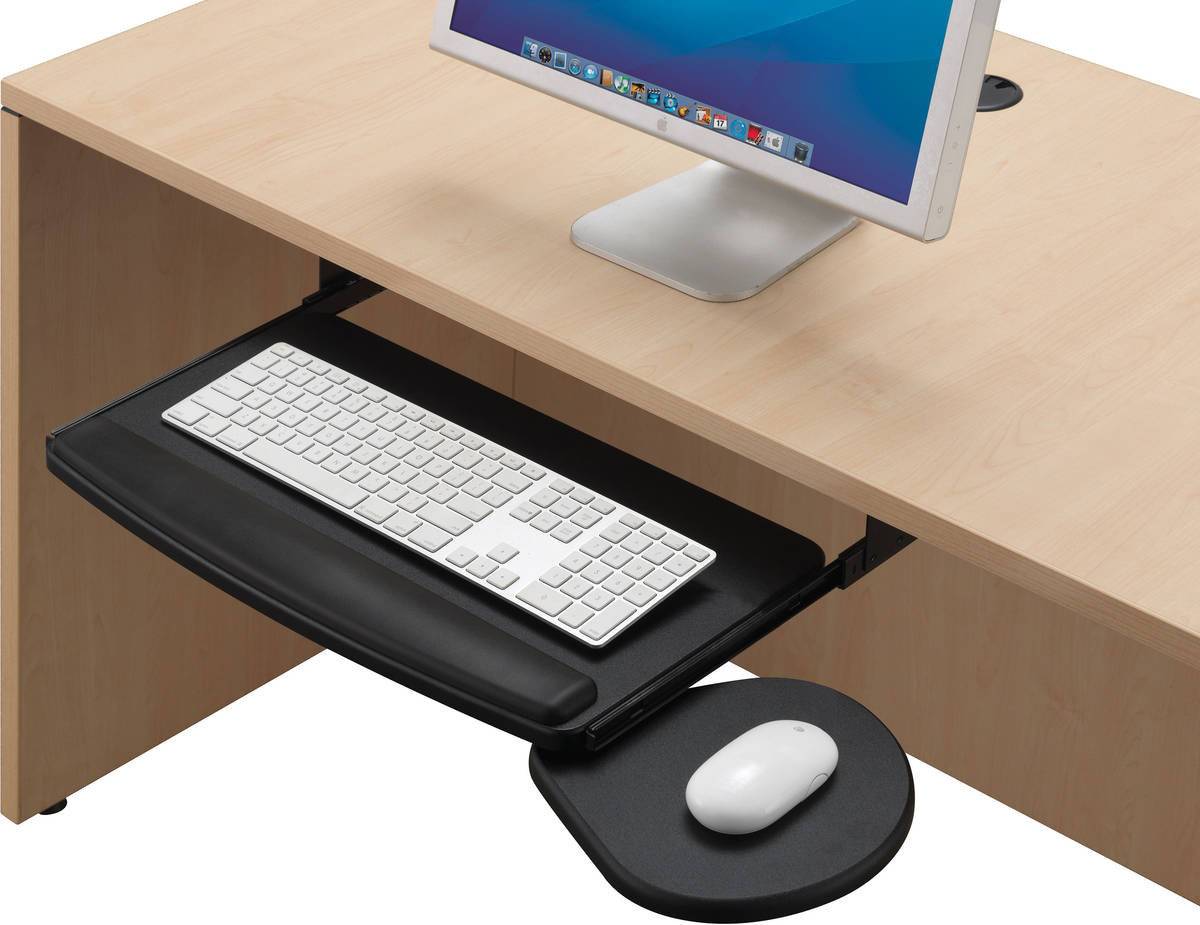Executive Office Chairs
-

235 EC2 Series
-

Apex Series
-

Atlas Series
-

AX Series
-

CoolMesh Pro Plus Series
-

CoolMesh Pro Series
-

CoolMesh Series
-

Crescent Series
-

CXO Series
-

Enduro Series
-

Flora Series
-

Focus Series
-

Hendryx Series
-

Manteo Series
-

NEXT Series
-

Nova Series
-

Nucleus Series
-

Presider Series
-

Presta Series
-

Propel Series
-

Santa Cruz Series
-

Saratoga Series
-

Sense Series
-

Sierra Series
-

Tempest Series
-

Wren Series
Shop All Executive Office Chairs
Nova Mid Back Chair Without Arms - Black
p/n: 22821BLACKU164
Crescent High Back Chair - Black Frame with Charcoal Seat
p/n: 67011CHARCOALPC01
Crescent High Back Chair - White Frame with Grey Seat
p/n: 67012GREYPC12
CoolMesh Pro Executive Mid Back Chair - Black Fabric
p/n: 8054SBLKPA01/BLK9106
Crescent High Back Chair with Headrest - Black Frame with Charcoal Seat
p/n: CHK67011BLKPC01HR
Executive chairs are a great way to add sophistication and polish to any private office. They’re especially fitting for senior executives or upper management who want something that looks professional but also feels comfortable. With stylish designs and ergonomic features, these chairs don’t just look the part, they make long days at the office a lot easier too.
Why Choose Source Office Furniture
The team at Source has years of experience helping leadership teams look and feel good in their offices. Our collection of executive office chairs is designed for outstanding quality, lasting comfort, and effortless style, so you can lead with confidence and focus on what matters.











